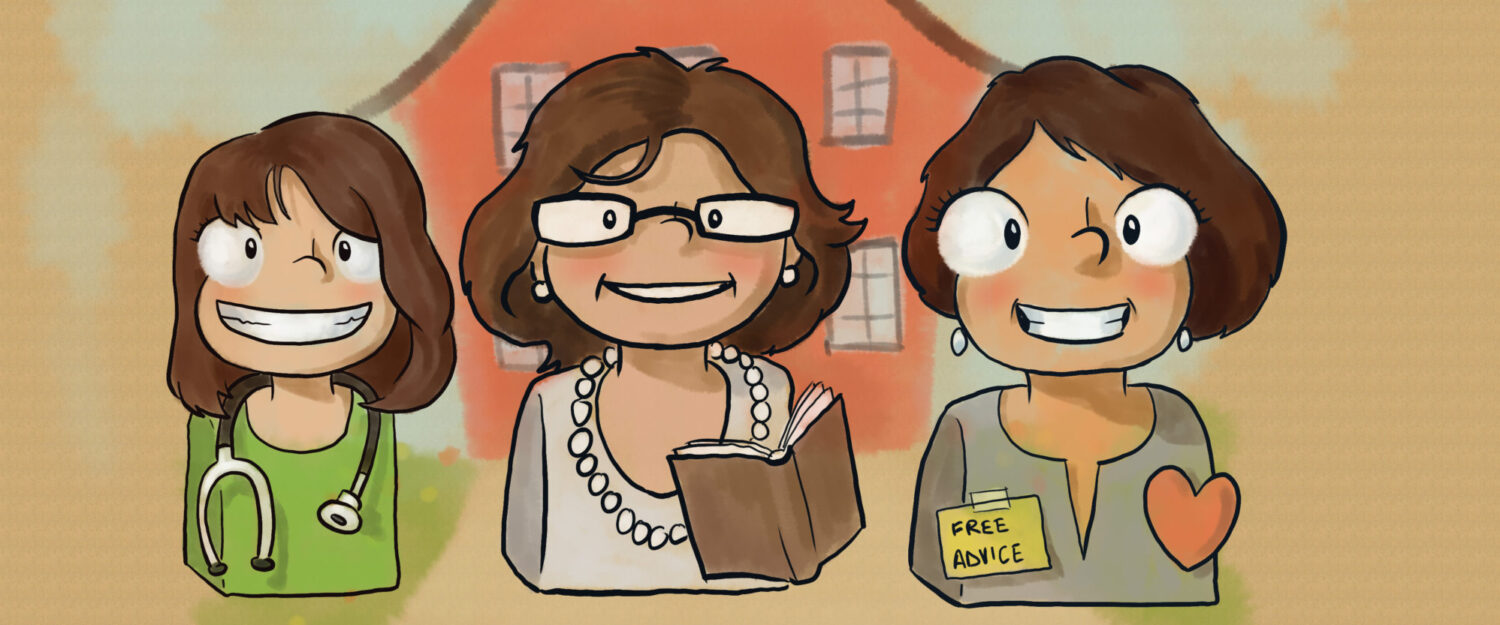STRESS HAPPENS.
Yep, it does. No way around it. Got a pulse = got stress! To that end, stress is good, right?!
Stress happens to everyone. It doesn’t discriminate by age, how much money a person has, intellect, race, religion, gender, or any other type of descriptor available to humans. It doesn’t matter where on this planet we live or what life experiences we have encountered. Stress is universal.
Do some people have more stress than others? Yes.
Do some people handle stress better than others? Yes.
But, at the end of the day, one thing that is true for all people is STRESS HAPPENS.
There are many ways to categorize stress. There’s BIG stress, little stress, positive stress, negative stress, acute stress, chronic stress, episodic stress, stress we put on ourselves, and stress caused by other people or events.
In addition to the various types of stress, the way people cope with stress also varies. Some people cope in healthy ways, and some people cope in unhealthy ways. Remember, stress is unavoidable, but how we handle our stress is 100% up to us!
Consider the following true/false question.
True or false: Two-month-old babies experience stress.
The answer is true. All people of all ages have stress. It may seem like babies and little children don’t have stress, but they certainly do. Let’s consider some ways a baby may experience stress with the following scenario:
Imagine being a baby and unable to communicate your needs beyond crying, smiling, gurgling, laughing, and cooing. You’re hungry or tired or have a nasty diaper that needs to be changed or your belly hurts or you want to be held and cuddled or you are too hot or too cold or are cutting teeth or you have an ear infection or your clothes are too tight or … You get the point. The list is endless. Because you are a baby, the only way you can tell anyone what is wrong or what you need is to cry, and you are completely dependent on your caregiver to respond to your cries. Hopefully, your caregiver responds quickly and with care. That is not in your control.
Okay, so here’s another question to ponder…
Is all stress bad?
Nope, all stress is not bad. There are many life events that are positive but also stressful. Let’s dig in to this a little more. First, let’s examine these two terms, Distress and Eustress.
Distress and eustress are really more about how a stressful event affects us, not whether the event is positive or negative in nature…although positive stressful events are more likely to result in eustress. Consider these definitions of Distress and Eustress, as explained by Hans Selye, an endocrinologist and founder of the “Stress Theory”:
Distress→ When stress goes beyond our ability to cope, distress occurs. This happens when the stressful event is either too extreme or intense or too prolonged or enduring. This may take a toll on our physical, mental, social, emotional, and/or behavioral health.
Eustress→ Eustress happens when a person responds to stress in a positive way. It is a stress response that is healthy and motivating. If a stressful event results in us changing in a favorable way, improving our coping strategies or lifestyle, or performing more optimally, it is eustress. Eustress can occur even when we experience negative stressors, but it is more likely to occur when we experience positive stressors.
In 1967, two psychiatrists, Thomas Holmes and Richard Rahe, created a stress scale that included 43 major life events, both positive and negative, on it. The events were each given numbers based on how stressful a large sample of adults considered them to be. At the top of the scale, with the most stress points, are the following events: death of spouse (100 points), divorce (73 points), marital separation (65 points), and detention in jail (63 points), but also on the scale is “marriage” (50 points).
Marriage? Marriage is usually not considered to be a negative event, but it is definitely stressful. Why? What is stressful about marrying the love of your life? Other positive events on the Holmes & Rahe Scale include marital reconciliation, pregnancy, getting a new family member, beginning a new job, moving, holidays, and believe it or not…vacation! Why would a holiday or vacation be included on a scale that measures stress?! Before a vacation, have you ever worked twice as hard at work to get ready to go, spent hours packing and planning, worried about the cost of the trip, then returned home only to work twice as hard once again in order to catch up with tasks? Sure, the six days at the beach were awesome, but the days before and after the trip were busier than your already busy schedule!
Identifying stress using a point system for the intensity is just the first part of the Holmes & Rahe Stress Scale. The other component is quantity of stressors. Once people have reviewed the scale and identified any stressors they’ve had in the past calendar year, they add up the points for the ones they’ve experienced. The grand total of identified stressors determines a person’s level of risk for possibly getting a physical illness. A total score of ≥ 300 points puts a person at high risk for an illness. Why? Because stress lowers the immune system and makes people more vulnerable to getting sick.
Coming next…Healthy Ways to Manage Stress!
Interested in four mini-lessons on stress for students grades 6-12? If so, you are in luck! Check out our resource on TPT: STRESS! Four SEL Mini-Lessons for Small Groups, Homeroom Advisory & Lunch Bunch

